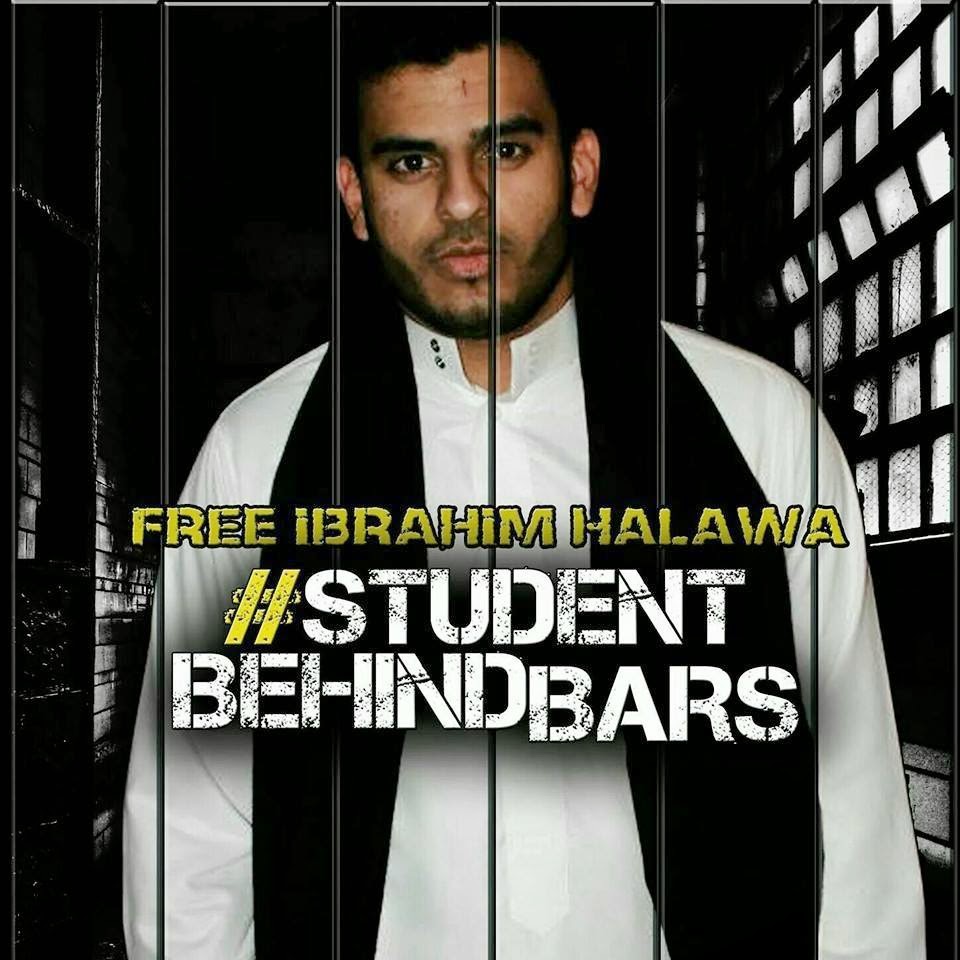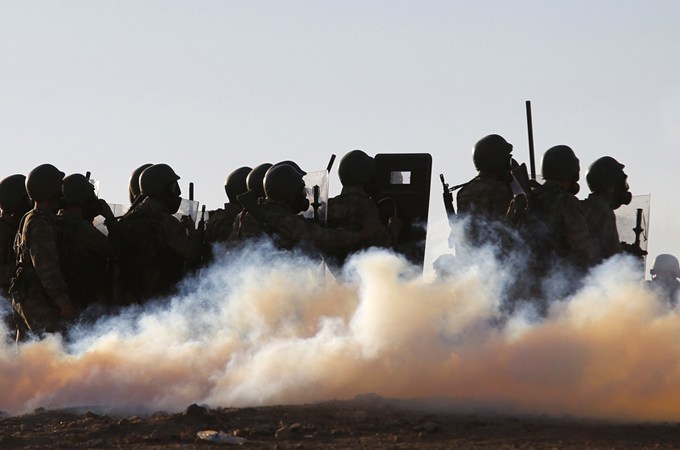Cairo,Egypt
The
taboo breaking website Love Matters Arabic celebrates the launch of a unique
exhibition,“Without Barriers” (الحب ثقافة: بصراحةوبلاحواجز),on Wednesday
22nd October.The exhibitionis collaboration with members of the
Egyptian street art movement. It explores themes around intimacy and
relationships through the medium of graffiti andis a visual response to the sensitive
topics addressed by Love Matters Arabic,
Comprising
the work of 13 artists, led by Egyptian creative Mohammed Khaled, “Without
Barriers”opens at Darb 1718 in Old
Cairo. The opening willfeature a special performance by Aya Metwallialongside live painting and speeches by Love Matters
representatives. The exhibition will then be free and open to the public from23rd
October to3rd November.
Love Matters
Arabic is a multimedia platformdelivering
information on safe and satisfying relationships in areas where this
information is censored or not available,.
Developed in response to the lack of
reliable online resources for young adults in the Arab world, itis the first website of its kind available in Arabic. Itwas officially launched in Egypt
in March 2014
lmarabic.com, is designed
to provide young people in the region with unambiguous and reliable information
in their own language on sex and intimacy. Talking openly and without shame,
Love Matters Arabic takes into consideration the cultural and religious values
of the target audience, creating safe spaces onlinefor
young people to engage on sensitive topics.
The “Without Barriers”
exhibition is the first time Love Matters has extended
its digitially based project to incorporate offline activity in the Middle
East. The completedartwork will be hosted on the site and promoted via a social
media campaign, encouragingpeople to share their experiences of the exhibition
and the themes around it using the hashtag #No_Barriers (بلا_حواجز#).
“Since 2011, the street
art movement in Egypt has been gaining momentum, addressing not just political
but also social issues”, saysLove Matters Content Strategist Michelle
Chakkalakel. “As we work to raise awareness around the Love Matters Arabic
project as an important resource for young people, we saw the relevance of
collaborating with local graffiti artists.”
“We're
very excited to be working with artists on this project,” agrees the global
head of the Love Matters project,
Michele Ernsting. “The
goal of Love Matters Arabic is to make it possible for people talk in an open
and honest way about love, sex and relationships. Street art is such a powerful
way to express and share ideas. It's a great way for us to bring online and
offline conversations together, to strengthen each other's work.”
Since the Love Matters
Arabic site went live seven months ago, it has received a positive response
from its growing community of users, accumulating more than 2.6 million page views and 4,000 Twitter followers. The platform’s YouTube channel has meanwhile totaled over three million views, with the most popularvideo being “First night sex”
كيف تستعدان لليلةالزفاف؟ .
“Our site reaches
out to youth and talks openly about many topics they are searching for online,”
explains Love Matters’editorElise Aghazarian. “They reach out to our professional consultants, who
respond to the questions and needs of users.”
The opening night of “Without Barriers”on October 22nd is
by invitation onlyFor press accreditation to the event please contactiQ Group
PR ( info@iqgroup.org.) Doors open at 6:00 p.m. Artists and members of the Love Matters
Arabic team are available for interview upon request. For further information
regarding the Love Matters Arabic project, contact coordinatorAbir Sarras (Abir.sarras@rnw.org) or partner representativeHannah Wallace Bowman(Hannah.wallacebowman@rnw.org).




